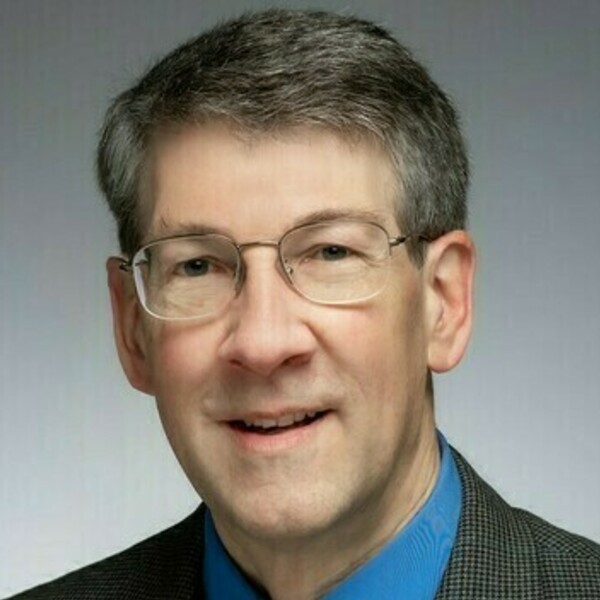Michael Hildreth
Associate Dean for Research and Graduate Studies, College of Science and Professor, Department of Physics & Astronomy
Affiliate, Center for Broader Impacts
Research Interests
Prof. Hildreth’s primary physics interest is in understanding the mechanism or mechanisms responsible for Electroweak Symmetry Breaking. Simply put, this would answer questions like: “why is there mass?” Prof. Hildreth is a part of the CMS Experiment at CERN’s Large Hadron Collider (LHC) in Geneva, Switzerland, where he and the rest of the Notre Dame High Energy Physics group played key roles in the recent discovery of a Higgs boson. His group is involved in measuring Higgs properties and using precision measurements to understand the potential impact of new physics at inaccessible mass scales from subtle effects that could be observable in the LHC data. These measurements are essential in determining if the Higgs we see is really the source of Electroweak Symmetry Breaking and the origin of particle masses, or whether new physics is required. He is also working on searches for new physics beyond the Standard Model of particle physics, specifically looking for new physics in final states involving high energy photons and, separately, for new heavy quarks.
Prof. Hildreth is currently leading the US-CMS group responsible for directing research and development for software and computing infrastructure aimed at meeting the computational challenges that will be faced at the High Luminosity LHC at the end of this decade.
Recently, Prof. Hildreth has led a multi-university team that is exploring the programmatic and technical intricacies of knowledge preservation in science. The DAta and Software Preservation for Open Science (DASPOS) team consists of physicists, computer scientists, and digital librarians from Notre Dame, University of Chicago, University of Illinois Urbana-Champagne, University of Nebraska Lincoln, New York University, and the University of Washington. This is a multi-disciplinary effort designed to explore the knowledge preservation needs of various disciplines and to construct a prototype data and software preservation architecture that can be used as a template for knowledge preservation efforts in different fields of science. This has led to the development of the REANA platform in conjunction with CERN, a mechanism for preserving and re-instantiating particle physics analyses.
Separately, Prof. Hildreth is currently leading the SCAILFIN (Scalable Cyberinfrastructure for Artificial Intelligence and Likelihood Free INference) project with collaborators from NYU and UIUC. This work extends the REANA infrastructure so that it can orchestrate large machine-learning training workflows on large High Performance Computing centers.
